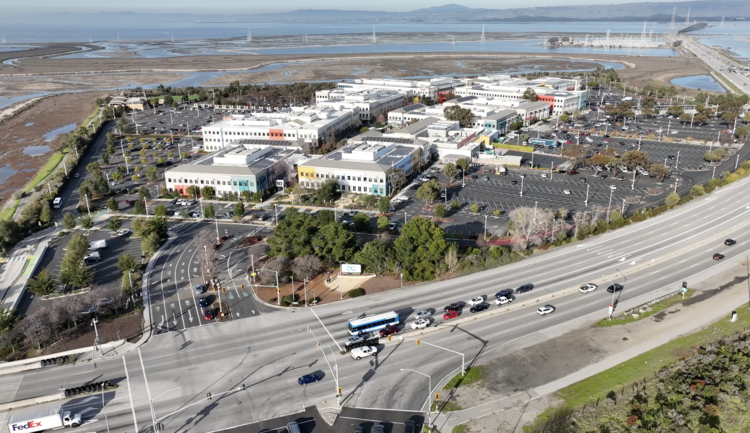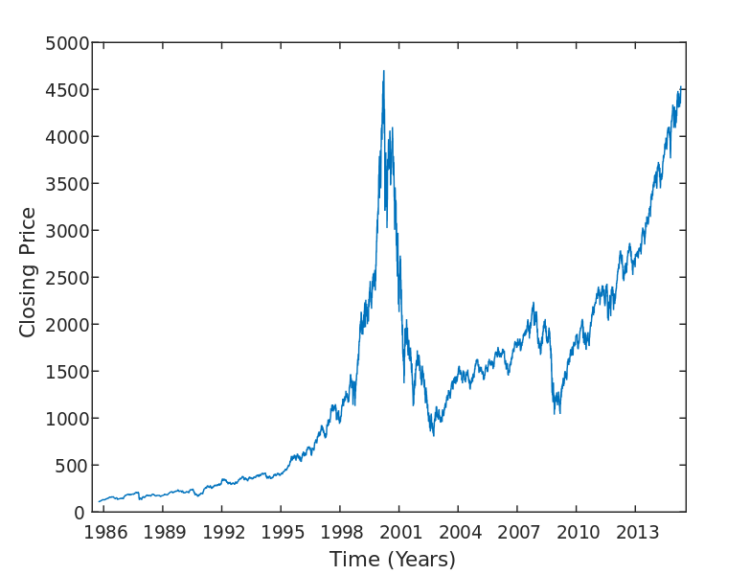Investors back defense startups as they target U.S. defense technology
- Silicon Valley investors are shifting focus from China to patriotic investing
- Investors are backing startups developing defense technology
- Many of these investors still have deep connections to China
- China remains crucial to many technology companies’ global operations
- Patriotic investing efforts have not yet yielded large orders from the Defense Department
- Venture capitalists are now chasing contracts with the U.S. government
- Some venture capitalists are rethinking their relationships with China
- Investing in Chinese companies has been a common practice among investors
- The pivot from China to U.S. national security raises questions about the sincerity of the patriotic wave
Silicon Valley investors are redirecting their focus from China to patriotic investing, backing startups that are developing defense technology for the U.S. and its allies. However, many of these investors still have deep connections to China, highlighting the entanglement between the two regions in finance and tech. While China remains crucial to the global operations of many technology companies, the shift towards patriotic investing has not yet resulted in large orders from the Defense Department. Venture capitalists are now actively pursuing contracts with the U.S. government, hosting events for defense officials and spending more on lobbying. Some venture capitalists are also reevaluating their relationships with China, as the pivot towards U.S. national security raises questions about the sincerity of the patriotic wave. Investing in Chinese companies has been a common practice among investors, but the shift towards patriotic investing signals a change in priorities.
Factuality Level: 7
Factuality Justification: The article provides a detailed overview of the shift in investment focus from China to U.S. defense technology in Silicon Valley. It includes quotes from various sources and presents different perspectives on the topic. However, it lacks in-depth analysis of the potential consequences of this shift and could benefit from more data to support its claims.
Noise Level: 3
Noise Justification: The article provides a detailed analysis of the shift in Silicon Valley’s investment focus towards U.S. defense and away from China. It explores the motivations behind this shift, the challenges faced by investors, and the potential consequences. The article includes quotes from various experts and government officials, as well as specific examples of companies and investments. It stays on topic throughout and supports its claims with evidence and data. Overall, the article offers valuable insights into a significant trend in the tech industry.
Financial Relevance: Yes
Financial Markets Impacted: The surge in funding for U.S. defense and the shift in investment focus from China to the U.S. defense industry may impact defense technology companies and related industries.
Presence Of Extreme Event: No
Nature Of Extreme Event: No
Impact Rating Of The Extreme Event: No
Rating Justification: The article discusses the shift in investment focus from China to the U.S. defense industry, which could have implications for defense technology companies and related industries. However, there is no mention of any extreme events.
Public Companies: Facebook (FB), Google (GOOGL), Apple (AAPL)
Private Companies: Airbnb,Mach Industries,Y Combinator,Anduril Industries,Flexport,Bright Machines
Key People: Nathan Picarsic (Co-founder of Horizon Advisory), Rebecca Gevalt (Venture fund operator at Dcode Capital), Katherine Boyle (Partner at Andreessen Horowitz), Sen. Lindsey Graham (Senator (R., S.C.)), Roelof Botha (Managing partner at Sequoia Capital), Thomas Tull (Former Hollywood producer and technology investor)
Reported publicly:
 www.wsj.com
www.wsj.com 





